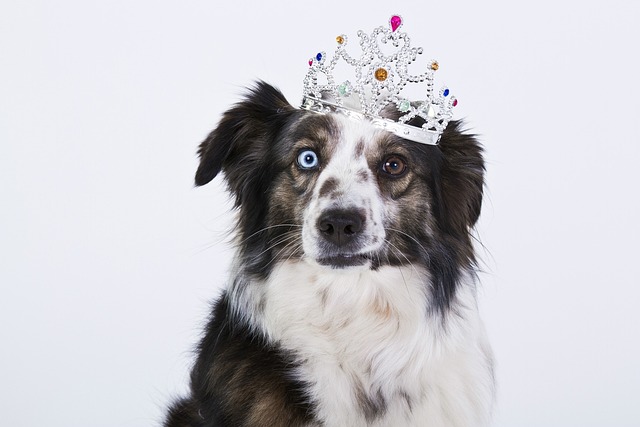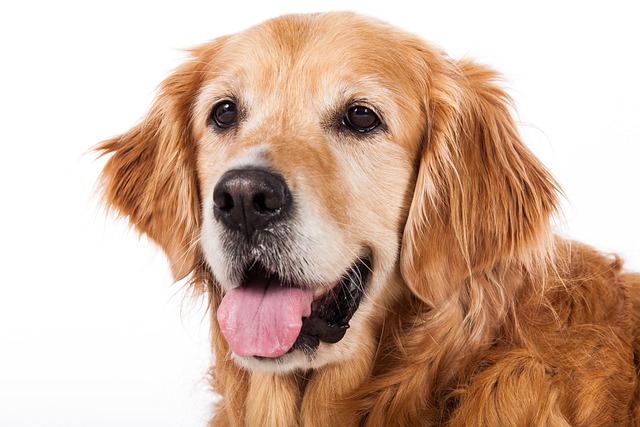
Should I give my dog vitamin supplements
If you’ve ever stood in the pet store aisle, staring at bottles of dog vitamins labeled “immune support” or “shiny coat,” you might’ve wondered if your pup really needs them.
If you’ve ever given your dog a dental chew in hopes of keeping their teeth clean and breath fresh, you might have wondered: can dental chews make dogs sick? Dental chews have become a popular part of many dogs’ oral care routines in Europe and the US, but like any pet product, they come with potential risks that every responsible dog owner should be aware of.
On one hand, dental chews can offer real benefits for your dog’s oral health. Many are designed to help reduce plaque and tartar buildup as your dog chews, which is important for preventing gum disease and maintaining healthy teeth. They often contain ingredients that can freshen breath and promote overall oral hygiene. However, not all dental chews are created equal, and improper use or choosing the wrong product can lead to health issues.
One of the main concerns is the size and texture of the dental chew. If a chew is too small, your dog might swallow it whole instead of chewing it properly. This can pose a choking hazard or lead to intestinal blockages, which can be extremely serious and may even require emergency surgery. In the US and Europe, pet product regulations require manufacturers to provide clear size - appropriate guidelines for different dog breeds and sizes, but it’s ultimately up to the owner to ensure they’re making the right choice. For example, a large - breed dog should never be given a chew designed for a small puppy.

Another risk lies in the ingredients of the dental chews. Some dogs may have allergies or sensitivities to certain components, such as grains, artificial flavors, or specific proteins used in the chews. If your dog has a known allergy, it’s crucial to carefully read the ingredient list before giving them a new dental chew. Even if your dog hasn’t shown signs of allergies before, they can develop sensitivities over time. Symptoms of an allergic reaction can range from mild, like itching and digestive upset, to more severe, such as difficulty breathing or swelling of the face and throat. In case of any adverse reactions, it’s important to seek veterinary advice immediately.
Overconsumption is also a problem. While dental chews can be a useful part of your dog’s routine, they should be given in moderation. Some chews are relatively high in calories, and giving your dog too many can lead to weight gain, which can contribute to a host of other health problems like joint pain, diabetes, and heart disease. Additionally, if a dog chews on a dental chew for too long, it can cause excessive wear on their teeth, especially if the chew is overly hard.
To minimize the risks associated with dental chews, always choose products from reputable brands that adhere to safety and quality standards set by regulatory bodies in the US and Europe. Follow the recommended serving sizes and guidelines provided by the manufacturer, and supervise your dog while they’re enjoying their chew. If you notice any unusual behavior, changes in appetite, or signs of discomfort after giving your dog a dental chew, don’t hesitate to consult your veterinarian.
In conclusion, while dental chews can be a great addition to your dog’s oral care regimen, they do carry the potential to make dogs sick if not used properly. By being an informed and cautious pet owner, you can help ensure that dental chews are a safe and beneficial part of your dog’s routine.

If you’ve ever stood in the pet store aisle, staring at bottles of dog vitamins labeled “immune support” or “shiny coat,” you might’ve wondered if your pup really needs them.

If you’ve ever thought about swapping your dog’s kibble for something homemade, you might’ve worried: “Will I get the nutrients right?”

If you’ve ever watched your dog tilt their head like they’re confused, or scratch at their ear until they whimper, you might be seeing signs of an ear infection.

Golden Retrievers, with their lush coats and playful spirits, often steal hearts in parks and homes alike. But that same thick fur that makes them so cuddly can sometimes be a double-edged sword when it comes to skin health.

If you’ve ever left a friend’s house with a dog and spent the next hour sneezing, your eyes red and watery, you’ve probably wondered when the discomfort will end.

If you’ve ever watched your dog scratch until their skin turns red, or noticed them licking their paws raw after a walk, you’ve probably wondered what’s causing their discomfort.